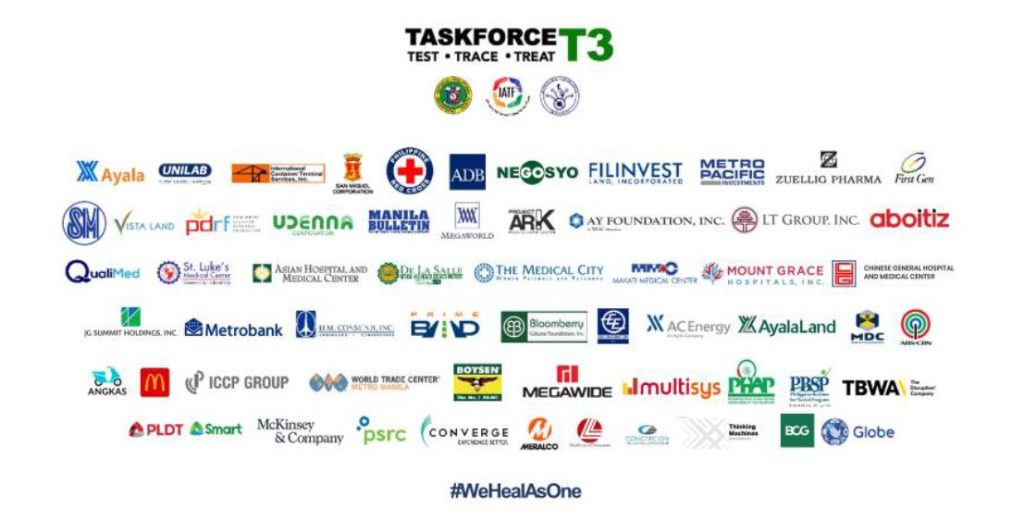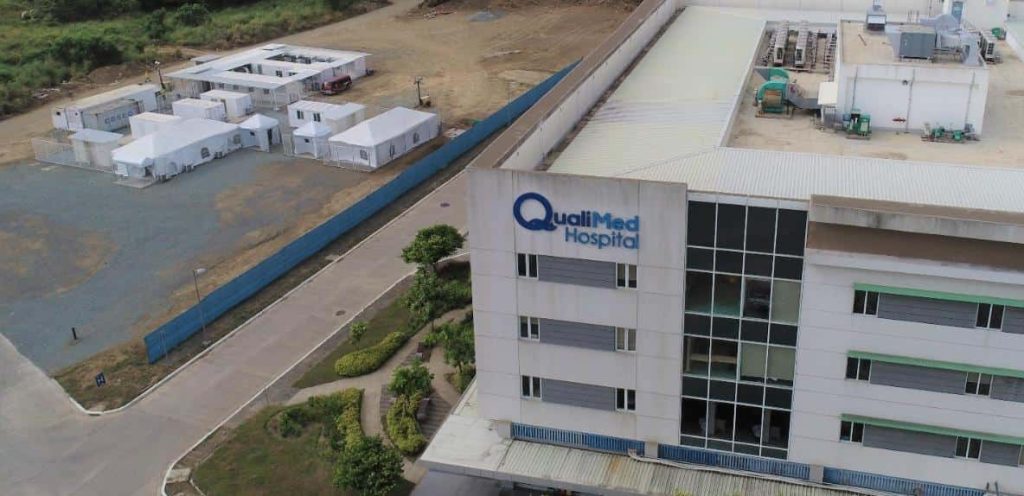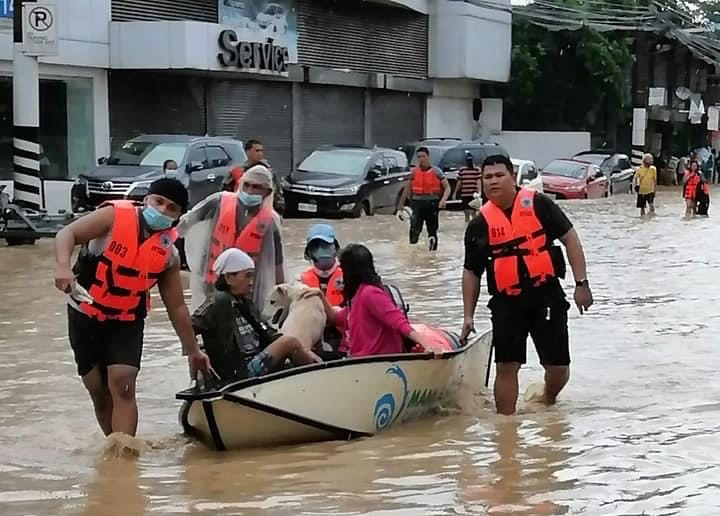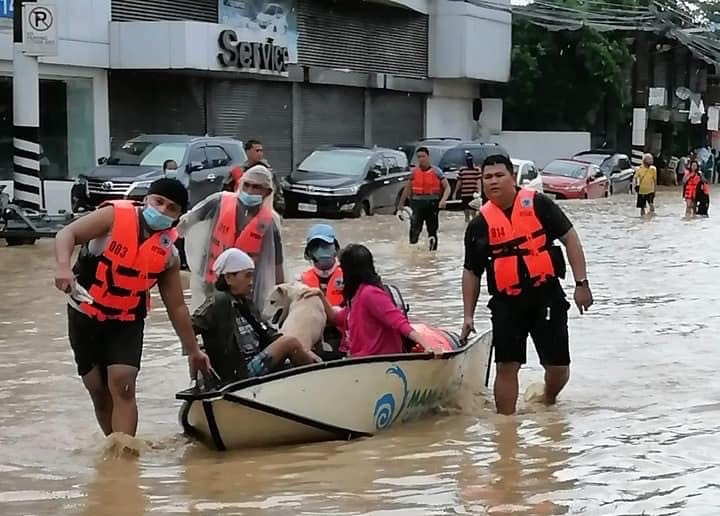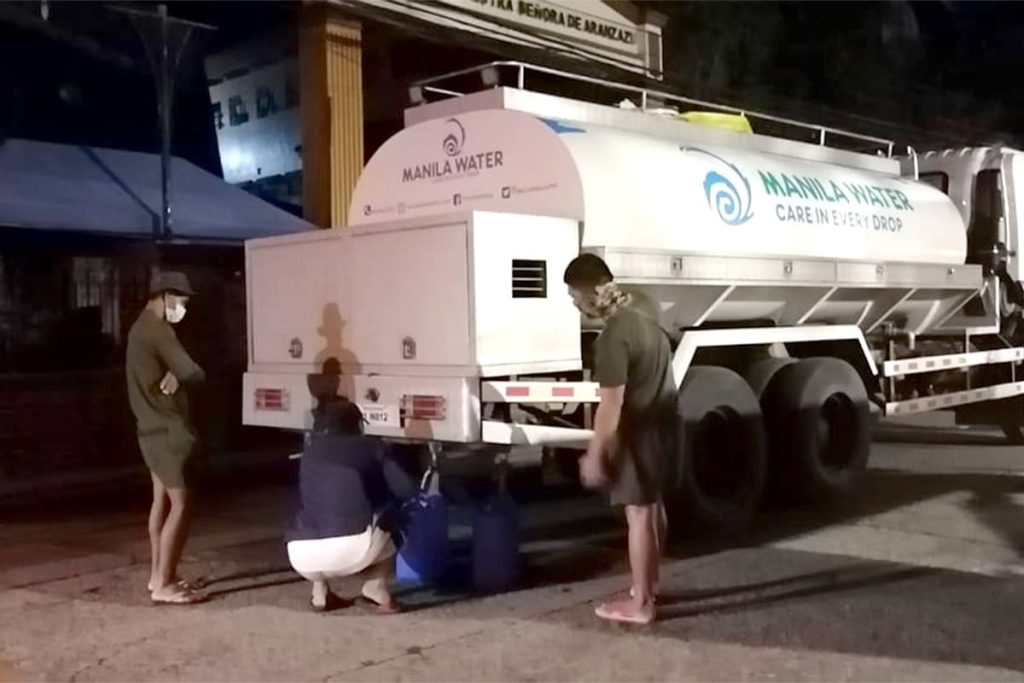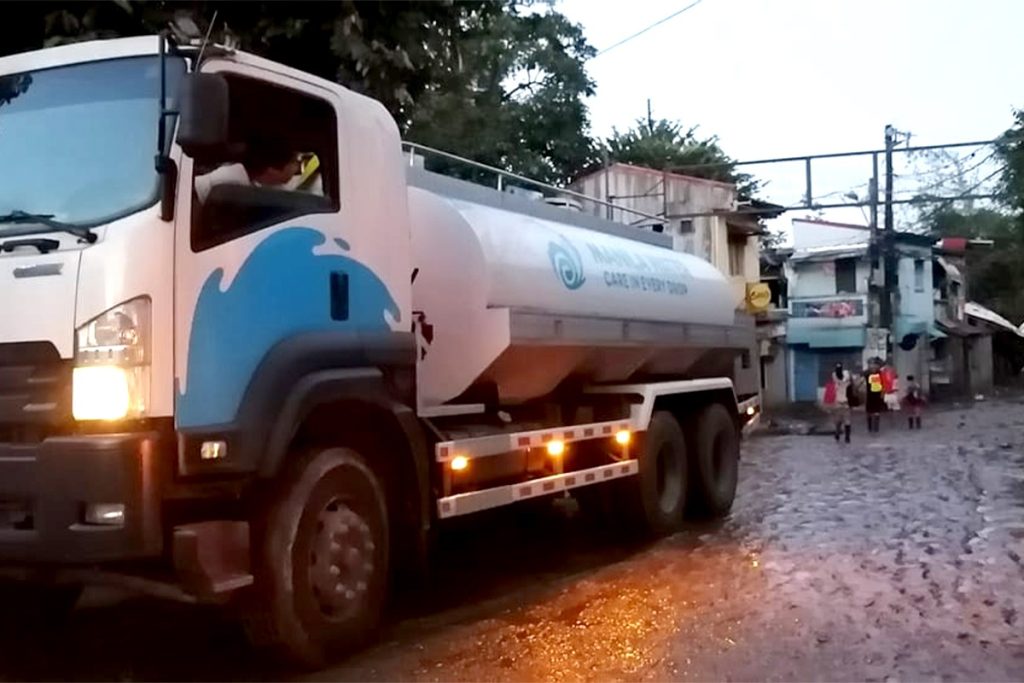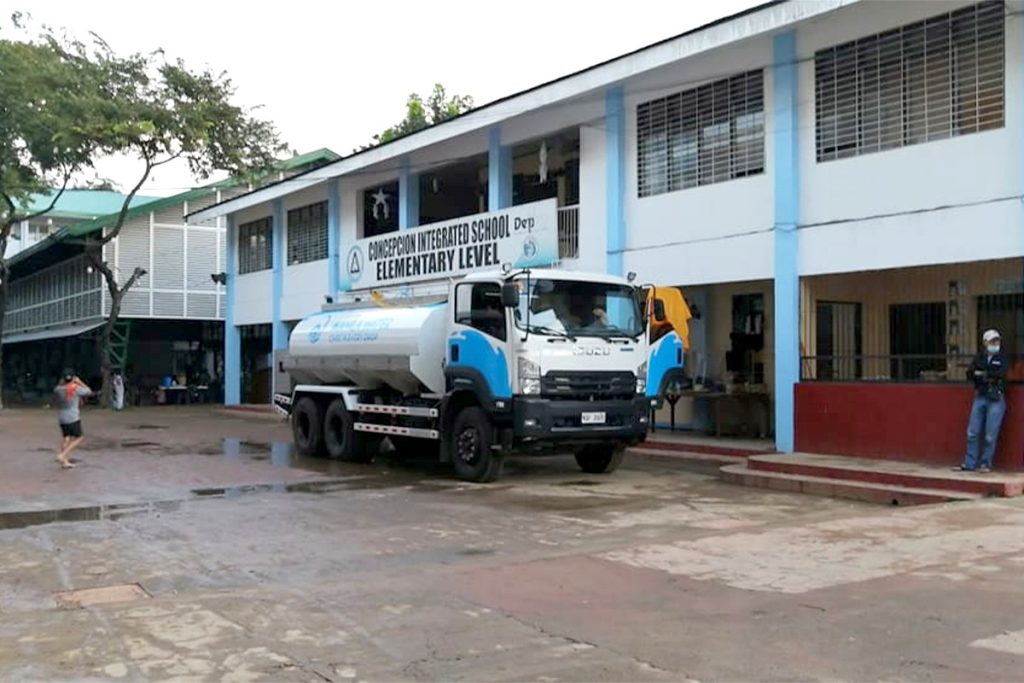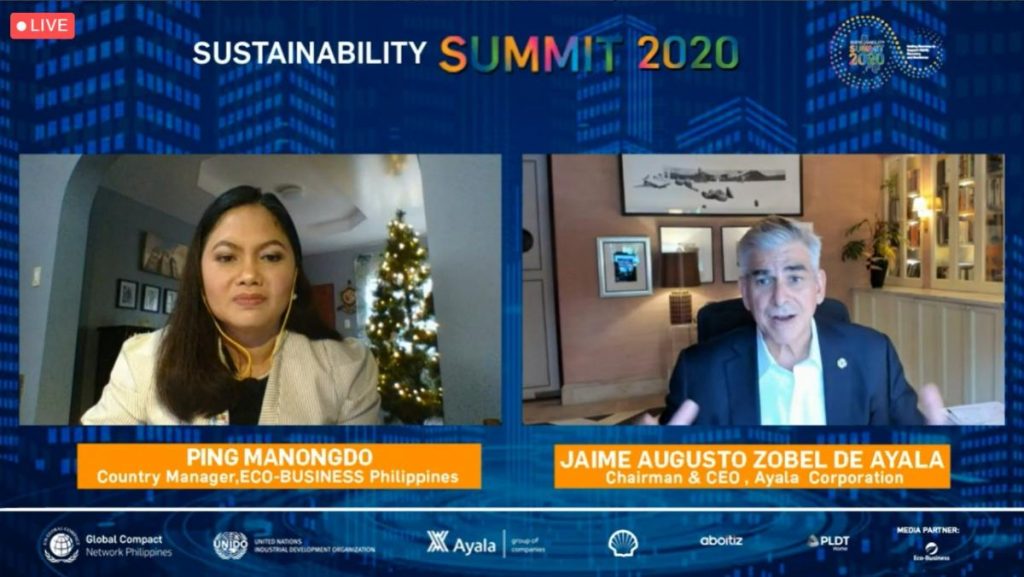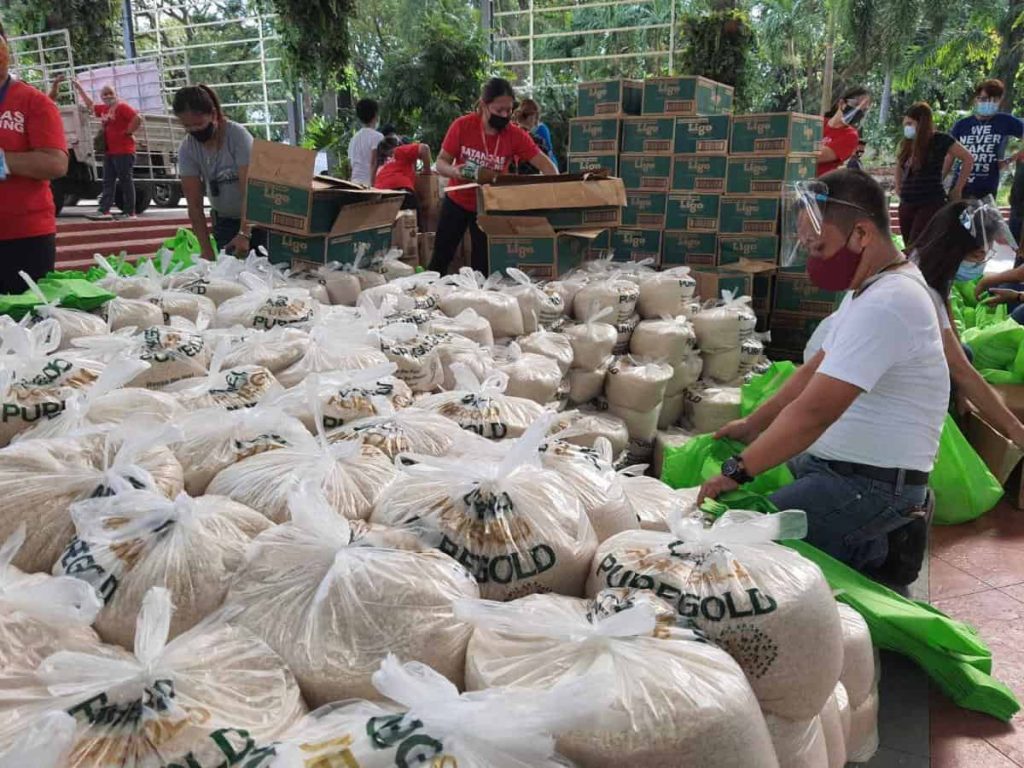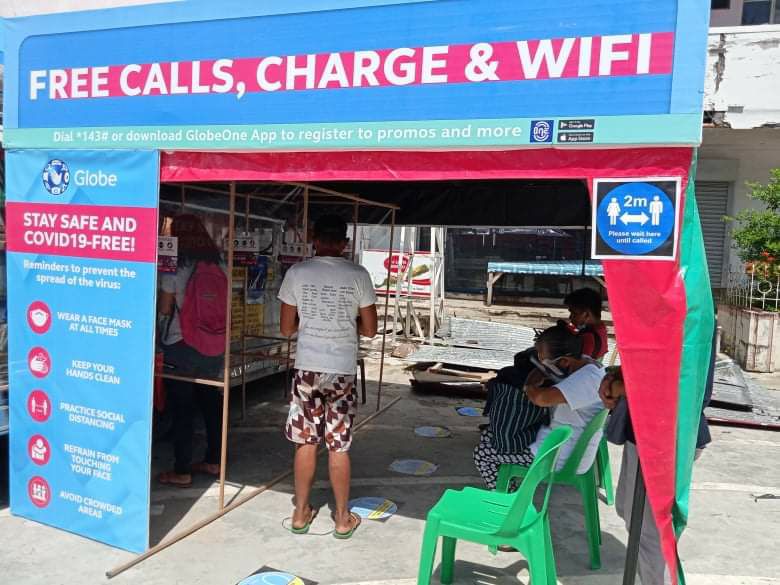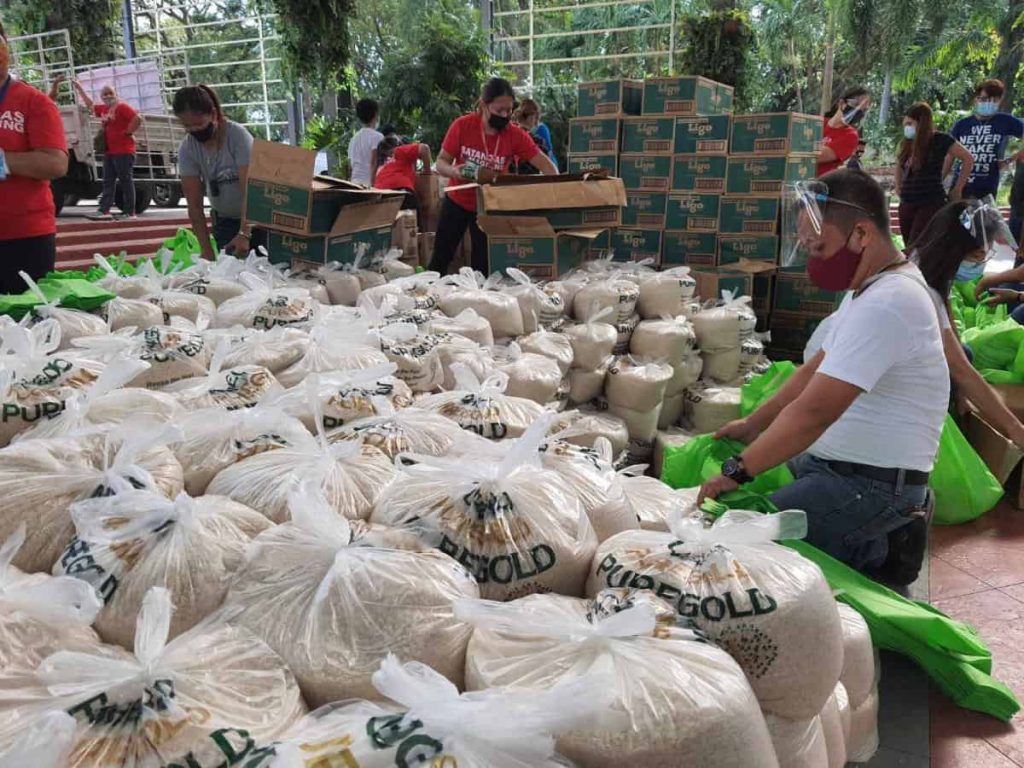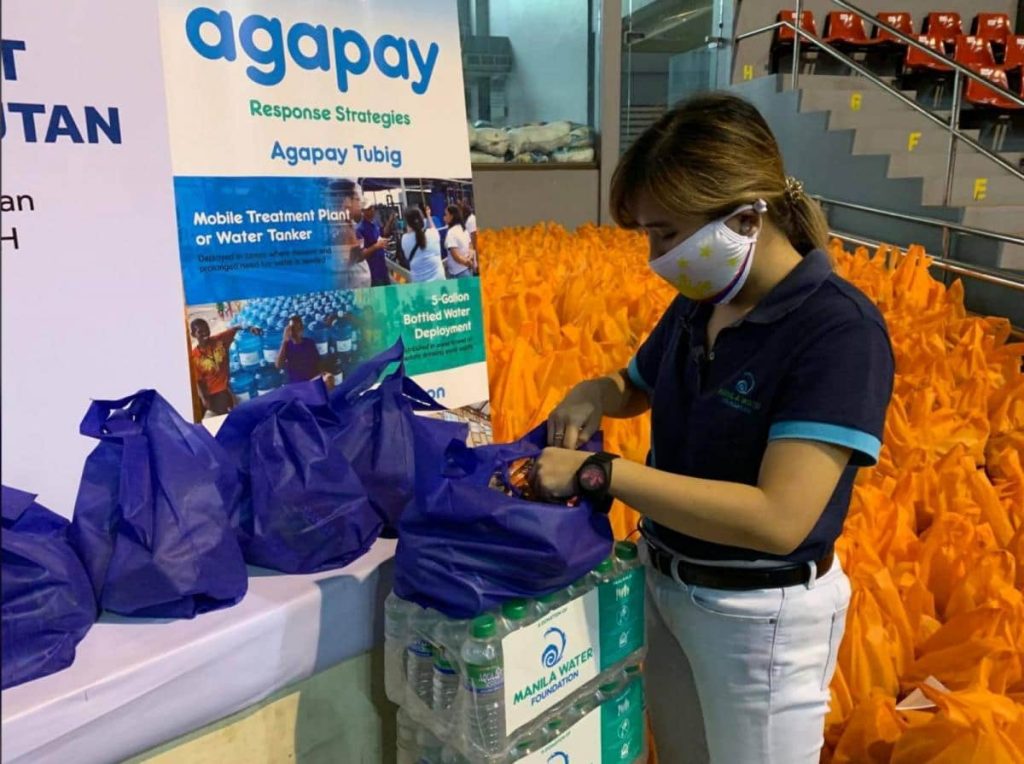Hopes are up as the country’s public and private sectors work together to acquire the much-awaited vaccine, which is expected to resurrect people’s confidence and resuscitate the economy after months of recession.
In a virtual T3 partners update held last week, the procurement of vaccines and the supply chain management of its sourcing, delivery, and administration challenges as well as possible solutions were eagerly discussed. Unilab, Zuellig Pharma, AC Health (the healthcare arm of Ayala), and Philippine Disaster Resilience Foundation are working closely with vaccine czar Carlito Galvez, Jr. and his team to organize a “Vaccine Logistics Summit” with the national government, local government units, private sector, and other stakeholders in mid-December. The summit, to be organized by the Boston Consulting Group, will focus on a multi-vaccine, multi-year vaccine procurement and distribution plan for the country.
“The procurement of vaccines and the administration of a large-scale vaccination program will be one of the most important and challenging undertakings for the next few years. I believe this can only be done through a public–private partnership looking at a multiple vaccine, portfolio strategy. Our commitment extends, beyond our employees and their dependents, to the community at large, prioritizing those most in need. Our task extends, beyond procuring vaccines, towards helping optimize the end-to-end supply chain and distribution logistics,” said Ayala Corporation Chairman and CEO Jaime Augusto Zobel de Ayala, a founding member of T3.
To date, through the alliances under T3, the country’s testing laboratories increased from 17 to 162. T3 has also helped build isolation centers, procure testing equipment and PPEs, launch the One Hospital Command Center, and assist with data management requirements.
Zobel, at the annual “Pilipinas Conference” of Stratbase ADR Institute held recently, said the vaccination program will boost consumer and investor confidence. “All of these things that address healthcare issues will go a long way in creating the kind of atmosphere that we need—the progressive economic restart that will be useful for all of us,” he said.
“Vaccines will encourage people to come out again, start planning for the future, start spending again [to drive consumption], and feel a little more confident [about our changing normal],” he added.
“PH healthcare system needs robust investments”
While the arrival of the vaccine may finally restore consumer confidence and thus catalyze the Philippine economy’s bounce back, Zobel said at BusinessWorld’s Economic Forum last week that the long-term solution to pandemics is a stronger healthcare system.
“Pandemics will be with us as a new form of crisis in the future,” he said. “As the world becomes denser and pandemics become part of our reality, I really believe that one area we have to reinvest in is our whole healthcare system.”
Zobel has consistently called for an increased investment in the healthcare sector. Last July, in a virtual meeting organized by the House Committee on Economic Affairs, Zobel said the Philippines has been producing “superb” but “inadequately appreciated” nurses and doctors who choose to leave the country for better opportunities abroad.
“One advantage that we have among ASEAN countries is that we have very capable individuals in the medical field who have been the pride of the Philippines in the way they have taken care of the frontlines,” he said. “What we probably lack is the physical infrastructure. I think we have to spend more on [building] clinics, hospitals, and equipment that will allow us to carry and distribute vaccines.”
“We have seen the kind of weight that our healthcare community has had to take on in a crisis of this magnitude,” Zobel added. “One area that all of us as a country must focus on is really reinforcing our whole healthcare system.”
Ayala began its robust investments in the healthcare sector in 2015 through AC Health, which leads various brands including Generika and Healthway. Early this year, AC Health partnered with QualiMed Health Network to upgrade QualiMed Hospitals in Sta. Rosa, Laguna and San Jose Del Monte, Bulacan. On Wednesday, AC Health announced that they expanded the COVID-dedicated bed capacities of the Sta. Rosa and San Jose Del Monte hospitals to 75 and 30, respectively. To date, the two hospitals have admitted over 400 confirmed cases, triaged more than 21,000 suspect cases, and conducted nearly 41,000 COVID-19 RT-PCR tests.
These healthcare initiatives are just some of the ways in which the Ayala group has been supporting the government to manage the pandemic. Zobel said the group readies itself to evolve more drastically to suit the needs of the changing normal.
“All of us should use the crisis to reinvent ourselves [as institutions]… It’s a chance to [redefine our roles in society], see how we can be relevant, and see how we, the private and public sectors can collaborate, work together, and bring our country out of a very difficult situation,” Zobel said.
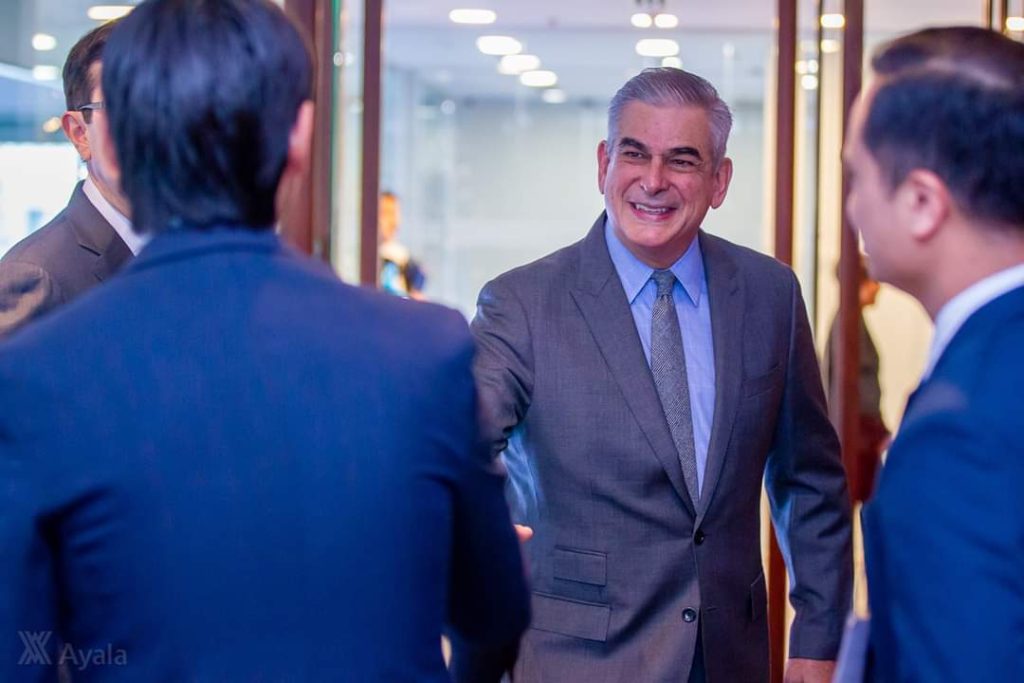
While the arrival of the vaccine may finally restore consumer confidence and catalyze the Philippine economy’s bounce back, the long-term solution to pandemics is a stronger healthcare system, says Ayala Chairman and CEO Jaime Augusto Zobel de Ayala. “Pandemics will be with us as a new form of crisis in the future. As the world becomes denser and pandemics become part of our reality, I really believe that one area we have to reinvest in is our whole healthcare system. One advantage that we have among ASEAN countries is that we have very capable individuals in the medical field who have been the pride of the Philippines in the way they have taken care of the frontlines. What we probably lack is the physical infrastructure. I think we have to spend more on clinics, hospitals, and equipment that will allow us to carry and distribute vaccines,” Zobel shared at BusinessWorld’s Economic Forum last November 26, 2020. (Ayala Corporation file photo)

